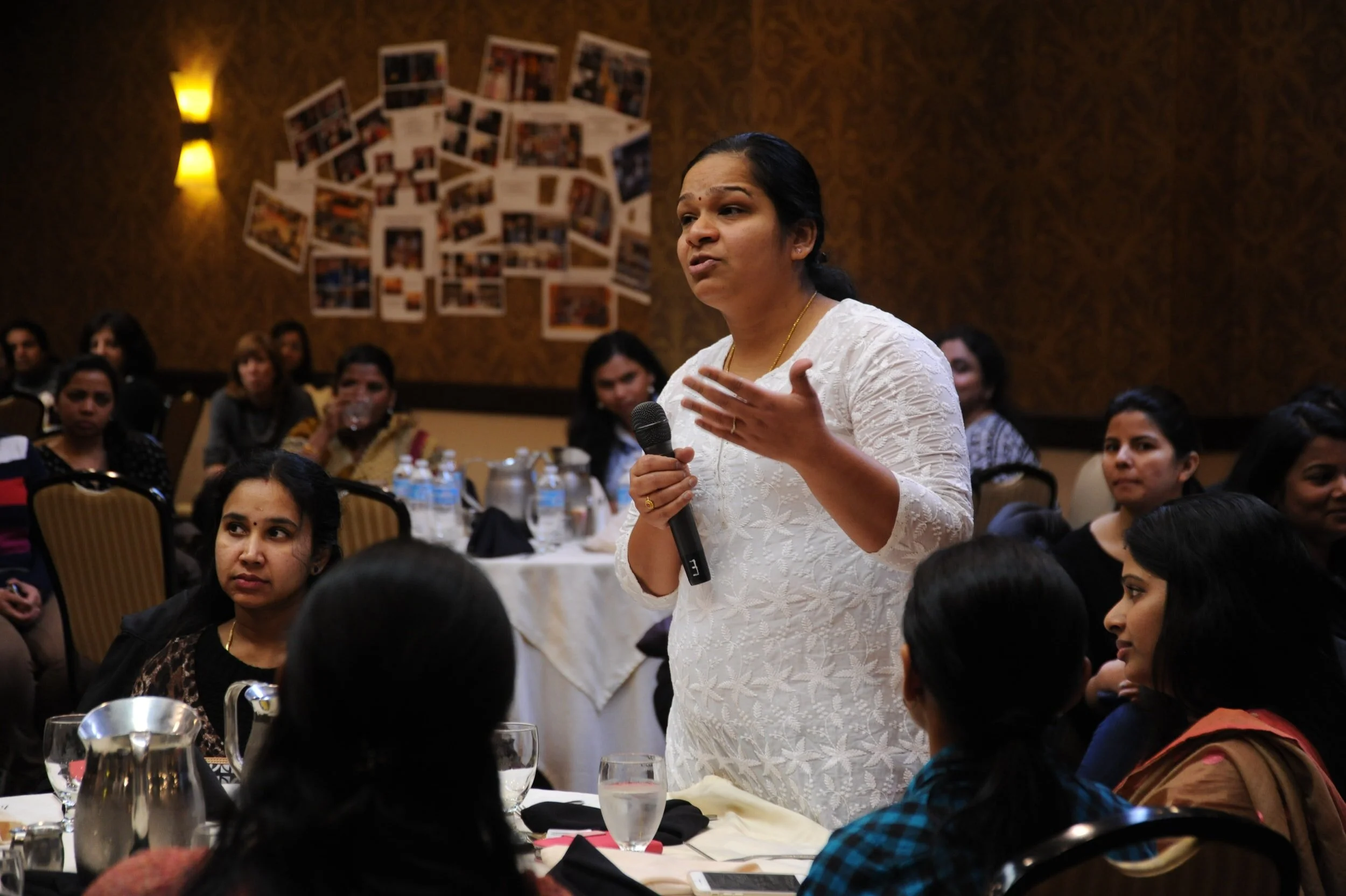Differentiating Your In-Person Brand
When it comes to our lives at work, attitudes have changed dramatically over the last year. And the way companies attract and retain talent may never be the same.
There are so many questions around returning to work, in particular for employees who have been able to work from home for the last year and a half. What questions should employers be answering and how does this impact employer brand communication?
Deb Andrychuk, Senior Director of Talent Attraction at Lowe’s, spoke about this at the 2021 Virtual Talent Brand Summit East. Her assessment is that the winners in employer branding have to be fast, clever, and flexible. There is a risk of not updating the in-person employer brand.
Things employers must consider:
Safety
Flexibility
Company culture
Safety
Employees will feel different levels of comfort returning to in-person and employers must do everything they can to ensure safety and sanitation procedures are up to CDC & OSHA guidelines. Providing branded PPE like masks, face shields, and individual hand sanitizers can be a nice touch. If branding products isn’t in the budget, having disposable masks and large sanitizer dispensers available at entrances will be key.
For smaller offices that aren’t able to social distance, gradually phasing back in to in-person or having rotating days for employees may be a great solution that allows social distancing practices while having some people in the office.
Flexibility
With 72% of 9,000 employees surveyed by Flexwork preferring to return to a hybrid or completely remote work environment after restrictions are lifted, the evidence for desired flexibility in the way we work is overwhelming. Employees who have been successfully working remotely during the pandemic may wonder why they need to return.
Many companies have seen higher productivity as the demand during Covid has risen and companies have gone through layoffs, shifting more work to fewer people. Flexwork reports this to be true stating that research from Gartner indicates that remote workers have an average of 20% higher productivity than those working in an office. If your company can work remotely you should ask yourself if you really need to return to the office full time or even at all.
Employees have had to manage households, pets, and added caregiving duties while working from home during this time. Some of those duties won’t go away as we return to in-person work. Employers who shifted to more flexible hours will need to decide if they can maintain that flexibility, and if not they must weigh the tradeoff of not providing flexibility with losing top talent.
McKinsey’s 2020 Women at Work Survey states that at the beginning of 2020 representation of women in management was moving in the right direction. They state, “This was most pronounced in senior management: between January 2015 and January 2020, representation of women in senior-vice-president positions grew from 23 to 28 percent, and representation in the C-suite grew from 17 to 21 percent.”
Sadly this trend was interrupted by Covid-19 and could set women’s progress back half a decade according to McKinsey. Due to the loss of jobs and lack of flexibility by employers, women have left the workforce in droves. “One in three mothers have considered leaving the workforce or downshifting their careers because of COVID-19.”
In a year where the conversation about diversity, equity, and inclusion has been front and center, the reality is that companies aren’t doing what they need to really address overwork, loneliness, and burnout which are affecting women and other marginalized groups at greater rates. How employers choose to return will determine if we see women come back to full-time employment or not.
Company Culture
There is no question that the company’s cultures have shifted this last year and the promise of the “new normal” is on the horizon. But what does a “new normal” mean?
Author Sonya Renee Taylor says it beautifully, “We will not go back to normal. Normal never was. Our pre-corona existence was never normal other than we normalized greed, inequity, exhaustion, depletion, extraction, disconnection, confusion, rage, hoarding, hate, and lack. We should not long to return, my friends. We are being given the opportunity to stitch a new garment. One that fits all of humanity and nature.”
Employees will demand a new culture with this new normal, one that puts employees first and focuses on diversity, equity, & inclusion. The question becomes, how does this come across in your employer brand and how do you ensure your efforts are authentic and not performative?
Try these steps when showcasing your company culture online:
Work on the culture first, then build brand messaging that tells the real story.
Admit your shortcomings and address what you are doing to make changes.
Embrace technology and hybrid work or fully remote work where you can.
Use employees to tell their stories.
Always be authentic.
Employees and candidates will demand more from their employers as we move forward into an in-person environment. Those who deliver on an atmosphere of support for employees as their whole selves will come out ahead in talent attraction and retention.
Want to learn more about how you can retain and grow your company culture? Join the Talent Brand Alliance! By clicking here you can connect with thousands of other practitioners who are navigating the same situations as yourself.
About our TBA Members: Deb Andrychuk and Jocelyn Thompson.
Deb Andrychuk has over 20 years of specialized expertise and leadership experience in the talent attraction marketing and advertising space. She recently stepped into a new role serving as the Senior Director, Talent Attraction at Lowe’s where her team is focused on candidate experience, employer branding, marketing, and advertising, sourcing, diversity initiatives, and analytics.
Jocelyn Thompson is the Founder & CEO of WorkVision Consulting a boutique Diversity, Equity, & Inclusion (DE&I) Consulting firm. WorkVision Consulting creates strategic DE&I plans, provides training and implementation, and assesses compensation equity.






